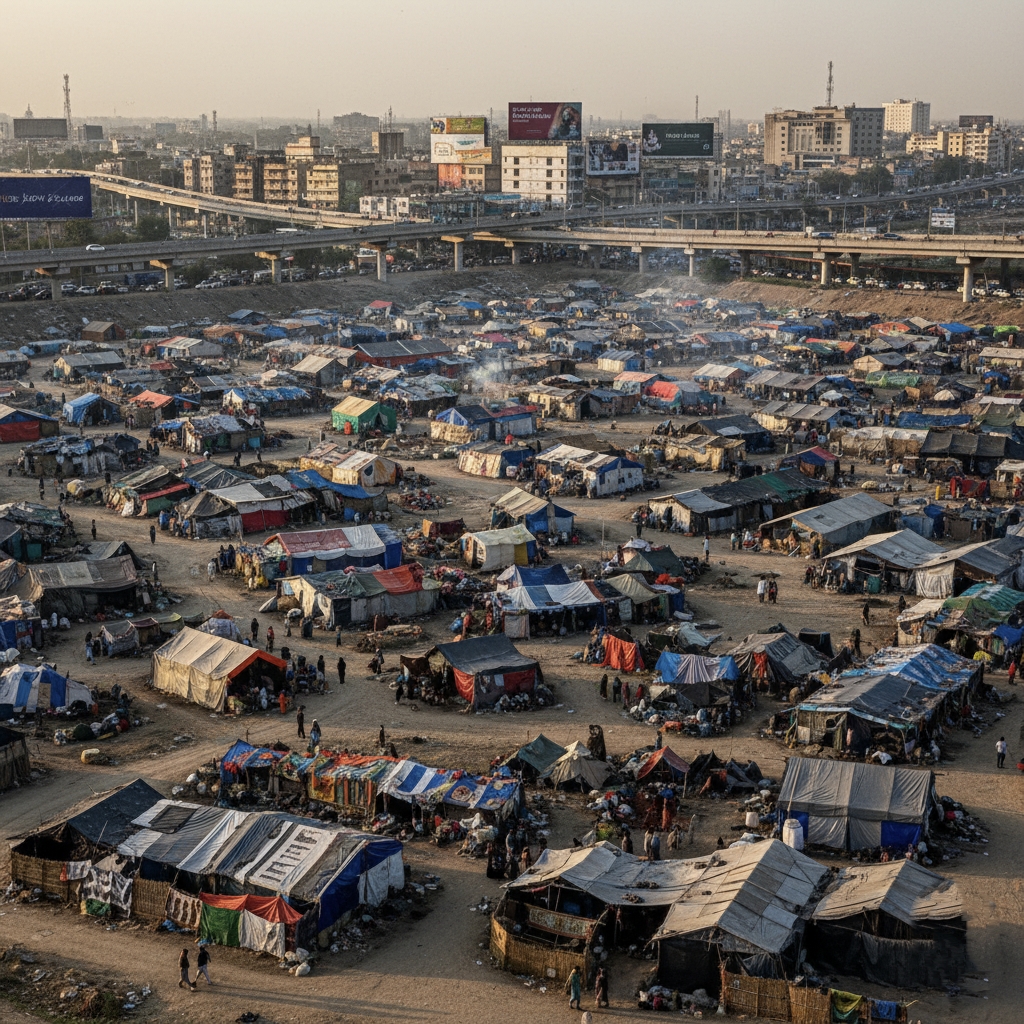UNITING HEARTS AND MINDS: RELIGIOUS EDUCATION IS PAVING THE PATH TO PEACE IN PAKISTAN
Dr. Muhammad Shahzad Ashfaq
Post-Doctorate (Peace Education)
International Islamic University Islamabad – Pakistan
Religious education plays a crucial role in promoting peace and harmony in societies around the world. In Pakistan where religious diversity is prevalent but sometimes leads to tensions. Religious education has the potential to unite hearts and minds paving the path to peace. The religious education in Pakistan is contributing to peace building efforts and promoting interfaith harmony. Pakistan is a country known for its rich religious diversity with the majority of the population as Muslim.
A land of rich religious heritage is also significant minority communities, including Christian, Hindu, Sikh and others. This diversity enriching the tapestry of the nation, has also been a source of hope and peace in different religions. Religious education has emerged as a powerful tool for promoting tolerance and understanding of peace among different religious groups in Pakistan. Religious education in Pakistan takes place in a variety of settings including schools, colleges, universities and religious institutions.
One of the impactful role of religious education in Pakistan is the promotion of values such as compassion, empathy and respect for others. Religious teachers in madrassas equipping students with the tools needed to foster mutual respect and understanding of their own religion. In different religious institutions education have a positive impact on attitudes towards people from different religious backgrounds. Moreover, some researches on religious education found that students who received religious education were likely to exhibit tolerance and acceptance towards individuals of other faiths.
A nation like Pakistan highlights the potential of religious education and build bridges of understanding between religious and formal education communities in the country. An important contribution of religious education in Pakistan is countering extremism and promoting peace. So religious education teaching values of peace, love and harmony to steer individuals away from radical ideologies and terrorism. Madrassas students understand their faith and emphasizing the core principals of peace, and compassion that serve as a powerful antidote to extremist ideologies.
In Madrassas teaching of critical skills and ethical principles religious equips individuals to critically analyze extremist narratives and reject violence in the name of religion. Religious institutions take initiatives to promote citizenship and peace among students through conducting religious seminars, workshops and debates programs between universities and religious institutions to create opportunities for students.
Effective religious education can serve as a powerful tool for social cohesion in Pakistan’s multi-religious society. Schools that prioritize inclusive religious curricula not only equip students with knowledge but also instill a sense of responsibility toward their communities. Fostering environments where students from various backgrounds can interact and collaborate on projects rooted in shared values, these educational institutions contribute significantly to building bridges between disparate groups. Ultimately, investing in comprehensive religious education is essential for paving the path toward lasting peace in Pakistan.
First and foremost, comprehensive religious education can serve as a counter-narrative to extremist ideologies that exploit narrow interpretations of faith. By equipping students with knowledge about different religions and encouraging interfaith dialogue, such educational initiatives can dismantle prejudices that fuel hatred.
Schools that incorporate teachings from multiple faiths can foster empathy and respect among students from different backgrounds. When young individuals learn to appreciate the values inherent in other traditions, they are less likely to engage in or support violent actions motivated by sectarian differences.
Moreover, investment in religious education aligns with broader educational reforms aimed at improving critical thinking skills among youth. A curriculum that encourages inquiry and debate fosters not only intellectual development but also emotional intelligence qualities essential for peaceful coexistence. In this light, policymakers must prioritize comprehensive religious education within national curricula to cultivate a generation capable of navigating complex social dynamics without resorting to violence.
Comprehensive religious education promotes critical thinking and dialogue, allowing students to explore the tenets of various religions beyond mere surface-level knowledge. Such an approach encourages empathy and tolerance, countering extremist ideologies that often stem from ignorance or misinformation. For example, when students learn about the fundamental values shared across religions such as compassion, justice, and community they are more likely to engage in positive conversations rather than disruptive rhetoric. As a religious country prioritizing comprehensive religious education is imperative for Pakistan’s journey toward lasting peace. Cultivation an environment of understanding and respect through informed discourse on spirituality, we can mitigate conflict and foster unity in diversity an essential step toward a peaceful future.
Religious educational initiatives can empower youth to challenge extremist ideologies that often exploit religious sentiments for violent ends. Equipping students with critical thinking skills alongside robust knowledge of their own faith as well as others’, they are less likely to fall prey to radical narratives. This approach not only strengthens individual character but also fosters community resilience against divisive forces.
Emphasizing understanding over division will not only enhance social cohesion but also build a foundation where future generations can thrive in an environment marked by respect and unity amidst diversity. The time has come for Pakistani policymakers to recognize the transformative potential of such an educational framework in creating a more pleasant society.




